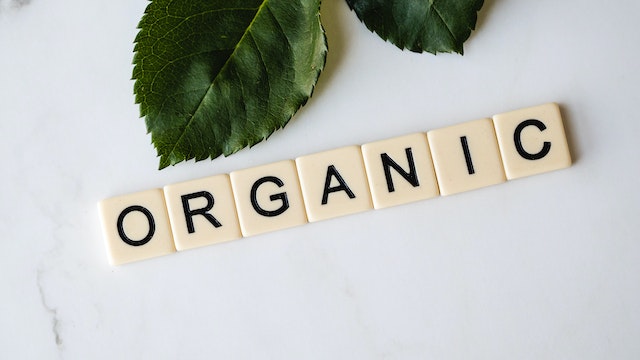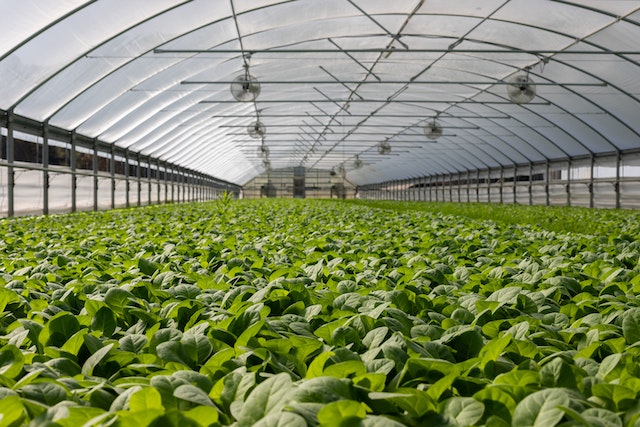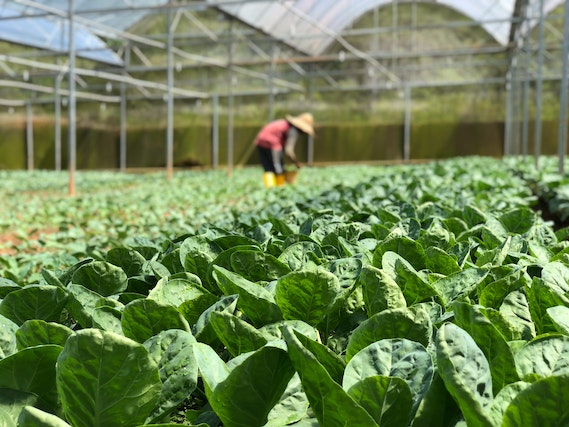Switch to Organic Farming is the Trendiest Way to Eat: Next Big Thing in Agriculture & Protect the Environment
Key points
Organic foods and farming are on the rise. In fact, the global organic food market is expected to reach $357.8 billion by 2027.
- A Growing Trend
- Health Benefits of Organic Foods
- Environmental Benefits of Organic Farming
- Drawbacks of Organic Farming
- Specific Trends in Organic Farming
Switch to Organic Farming is the Trendiest Way to Eat: Next Big Thing in Agriculture & Protect the Environment
Organic Foods and Farming: A Growing Trend
Organic foods and farming are on the rise. In fact, the global organic food market is expected to reach $357.8 billion by 2027. There are several reasons for this trend, including:
- Consumer demand: More and more consumers are becoming aware of the health and environmental benefits of organic foods. They are willing to pay a premium for organic products.
- Government regulations: Many governments are enacting regulations that promote organic farming. This is helping to create a more level playing field for organic farmers.
- Technological advances: There have been significant technological advances in organic farming in recent years. These advances have made it easier and more efficient for farmers to produce organic food.
- Growing awareness of climate change: Consumers are becoming more aware of the impact of conventional farming on climate change. They are looking for ways to reduce their impact on the environment, and organic farming is seen as a way to do this.
Health Benefits of Organic Foods
Organic foods are grown without the use of synthetic pesticides, herbicides, and fertilizers. This means that they are less likely to contain residues of these chemicals, which have been linked to a variety of health problems, including cancer, reproductive problems, and neurological disorders.
Organic foods are also higher in nutrients than conventional foods. For example, one study found that organic strawberries had 30% more antioxidants than conventional strawberries.
Environmental Benefits of Organic Farming
Organic farming practices help to protect the environment in a number of ways. For example, organic farming:
- Reduces soil erosion
- Improves water quality
- Conserves water
- Promotes biodiversity
- Stores carbon in the soil
- Reduces air pollution
- The Future of Organic Foods and Farming
The future of organic foods and farming looks bright. The trend is expected to continue to grow in the coming years. This is good news for the environment, for farmers, and for consumers.
As the demand for organic foods grows, there will be more opportunities for farmers to produce organic food. This will help to create a more sustainable food system and improve the health of our planet.
Some of the specific trends in organic farming:
- Increased demand for local organic food: Consumers are increasingly interested in buying local food, and this is especially true for organic food. This is because local food is fresher, has a lower carbon footprint, and supports the local economy.
- Growing interest in regenerative agriculture: Regenerative agriculture is a more holistic approach to farming that focuses on improving soil health and biodiversity. It is seen as a way to address climate change and other environmental challenges.
- Development of new organic farming technologies: There are a number of new technologies being developed that can help farmers to produce organic food more efficiently and effectively. These include new ways to control pests and diseases, new ways to fertilize crops, and new ways to store and transport organic food.
- Growth of the organic food market: The organic food market is growing rapidly, and this is creating new opportunities for farmers, processors, and retailers. The market is expected to continue to grow in the coming years.
Some of the drawbacks of organic farming:
- Higher production costs: Organic farming can be more expensive than conventional farming. This is because organic farmers often need to use more labor and less machinery. They may also need to purchase organic fertilizers and pesticides, which can be more expensive than conventional fertilizers and pesticides.
- Lower yields: Organic farms typically have lower yields than conventional farms. This is because organic farming practices do not rely on synthetic fertilizers and pesticides, which can help to boost crop yields.
- Higher risk of pests and diseases: Organic farms are more susceptible to pests and diseases than conventional farms. This is because organic farmers do not use synthetic pesticides, which can help to control pests and diseases.
- Less availability: Organic foods are not as widely available as conventional foods. This is because organic farming is more labor-intensive and less efficient than conventional farming.
- More difficult to store and transport: Organic foods can be more difficult to store and transport than conventional foods. This is because they are more perishable and can be more susceptible to damage.
Despite these drawbacks, organic farming has many benefits for the environment and human health. If you are considering switching to organic foods, it is important to weigh the pros and cons carefully.
Tips for reducing the drawbacks of organic farming:
- Buy local: Buying local organic food can help to reduce the environmental impact of transportation.
- Support small farms: Buying from small organic farms can help to ensure that farmers are able to make a living.
- Be willing to pay more: Organic foods are typically more expensive, but the extra cost can be worth it for the health and environmental benefits.
- Grow your own food: If you have the space, growing your own organic food can be a great way to save money and reduce your environmental impact.
I hope this article has helped you to understand the reasons why organic foods and farming are on a high trend. If you are interested in learning more about organic foods and farming, I encourage you to do some research and find out what is available in your area.
Writer
Devraj Gorai
Tags
#organicfarming #sustainableagriculture #localfood #farmtotable #foodwaste #eatlocal #supportfarmers #growyourownfood #regenerativeagriculture #permaculture #homegrown #heirloom #seedsaving #notill #covercrops #integratedpestmanagement #biodiversity #climatechange #foodsecurity #foodjustice


























